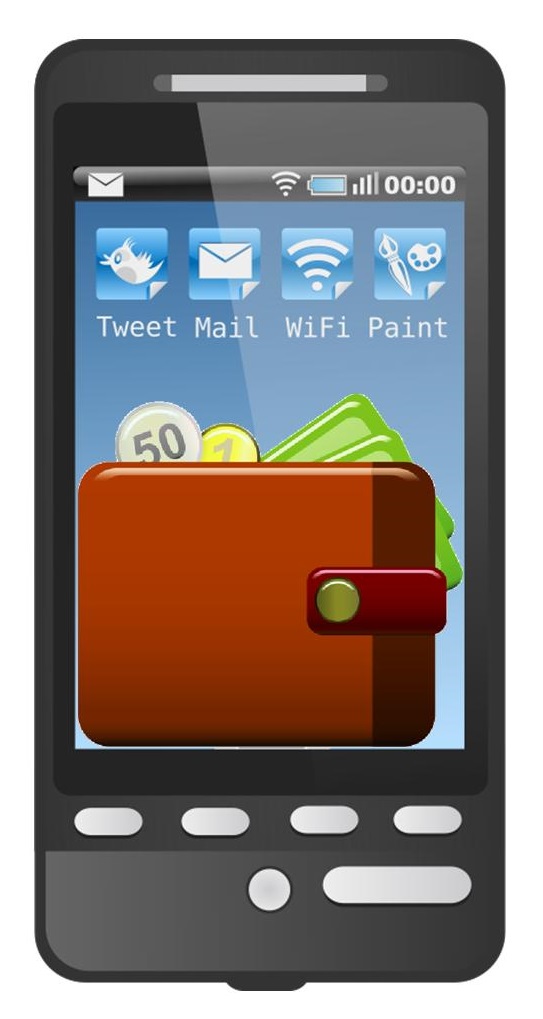The social media giant recently released a new optional feature for its iOS and Android app users.
Last week, Facebook upgraded its mobile app for iPhone and Android mobile phones, which now gives users the option of using the microphones of their mobile devices to listen and identify music and TV content and share this information in their posts.
The audio-recognition feature can be turned on or off.
Users who are interested in taking advantage of this feature will be given the option to turn it on after updating the app and they will also be provided with information on how the new feature functions. If the user chooses to turn it on it will make it easier for them to share what they are watching or listening to as soon as they begin writing a post. The app will give users the option to include information about what is playing in the background if they want to include that in their status update. The feature can also be turned off at any time.
Aryeh Selkman, the product manager who was in charge of developing the app’s audio-recognition feature said, “We want to help people tell better stories.” He added, “I hope there are people who love the feature and post more.” If Facebook users share more about what is of interest to them, this could potentially increase the value of ads that are targeted at some of the social network’s billion-plus users.
The social media mobile app works much like the popular audio-recognition app Shazam.
The technology used in the Facebook app is very similar to Shazam because it utilizes the microphones that have been integrated into a smartphone to recognize television and music. Facebook signed deals to attain audio from 160 TV stations in America. According to the social media company, it only takes 15 seconds for the app to identify a live show.
In addition, Facebook has stated that it has made deals with music streaming sites like Rdio and Spotify, which gives users of Facebook the ability to preview songs that other users have shared. Songs can be previewed using the same mobile app audio identification feature.
Mobile applications are beginning to play a major role in commerce
Mobile wallets may soon be in a position to replace their traditional counterparts. Mobile technology is becoming an increasingly integral part of society, and many people are beginning to rely on their smartphones and tablets in their daily lives. This means that mobile devices are becoming repositories of consumer information, including financial data. These devices are also storing information coming from businesses, such as digital coupons and other such offers from retailers and other organizations.
Mobile wallet applications are becoming more common among consumers of all kinds
Mobile wallets are simple applications that are designed to store financial information, making it easier for consumers to purchase products online and at physical stores from their mobile devices. These applications have become somewhat popular among consumers, but no single application has managed to win the favor of the majority of people in any given demographic. Consumers favor moving from one application to the next, making use of multiple apps that suit their needs effectively at any given moment. Some, however, have settled on the apps that they find most useful, keen to make use of these mobile wallets more than they use traditional forms of currency and credit cards.
Starbucks shows off how mobile apps can be used to generate more commerce activity
 Starbucks is, perhaps, one of the best examples of the success that a company can find in engaging mobile consumers with wallet applications. Approximately 14% of all transactions made at Starbucks stores come from mobile devices, according to the company’s CEO, Howard Schultz. These transactions are coming from the company’s own mobile application, which is designed to facilitate mobile payments.
Starbucks is, perhaps, one of the best examples of the success that a company can find in engaging mobile consumers with wallet applications. Approximately 14% of all transactions made at Starbucks stores come from mobile devices, according to the company’s CEO, Howard Schultz. These transactions are coming from the company’s own mobile application, which is designed to facilitate mobile payments.
Some companies are having trouble finding a foothold in mobile commerce with their own wallet applications
Other companies working to find success in the mobile commerce space have had trouble finding traction with their mobile wallet applications. Google is one such company. In the early days of Google Wallet, the platform was crippled by security issues that drove consumers to use other applications. Other organizations have faced similar problems, as well.


 Starbucks is, perhaps, one of the best examples of the success that a company can find in engaging mobile consumers with wallet applications. Approximately 14% of all transactions made at Starbucks stores come from mobile devices, according to the company’s CEO, Howard Schultz. These transactions are coming from the company’s own mobile application, which is designed to facilitate mobile payments.
Starbucks is, perhaps, one of the best examples of the success that a company can find in engaging mobile consumers with wallet applications. Approximately 14% of all transactions made at Starbucks stores come from mobile devices, according to the company’s CEO, Howard Schultz. These transactions are coming from the company’s own mobile application, which is designed to facilitate mobile payments.